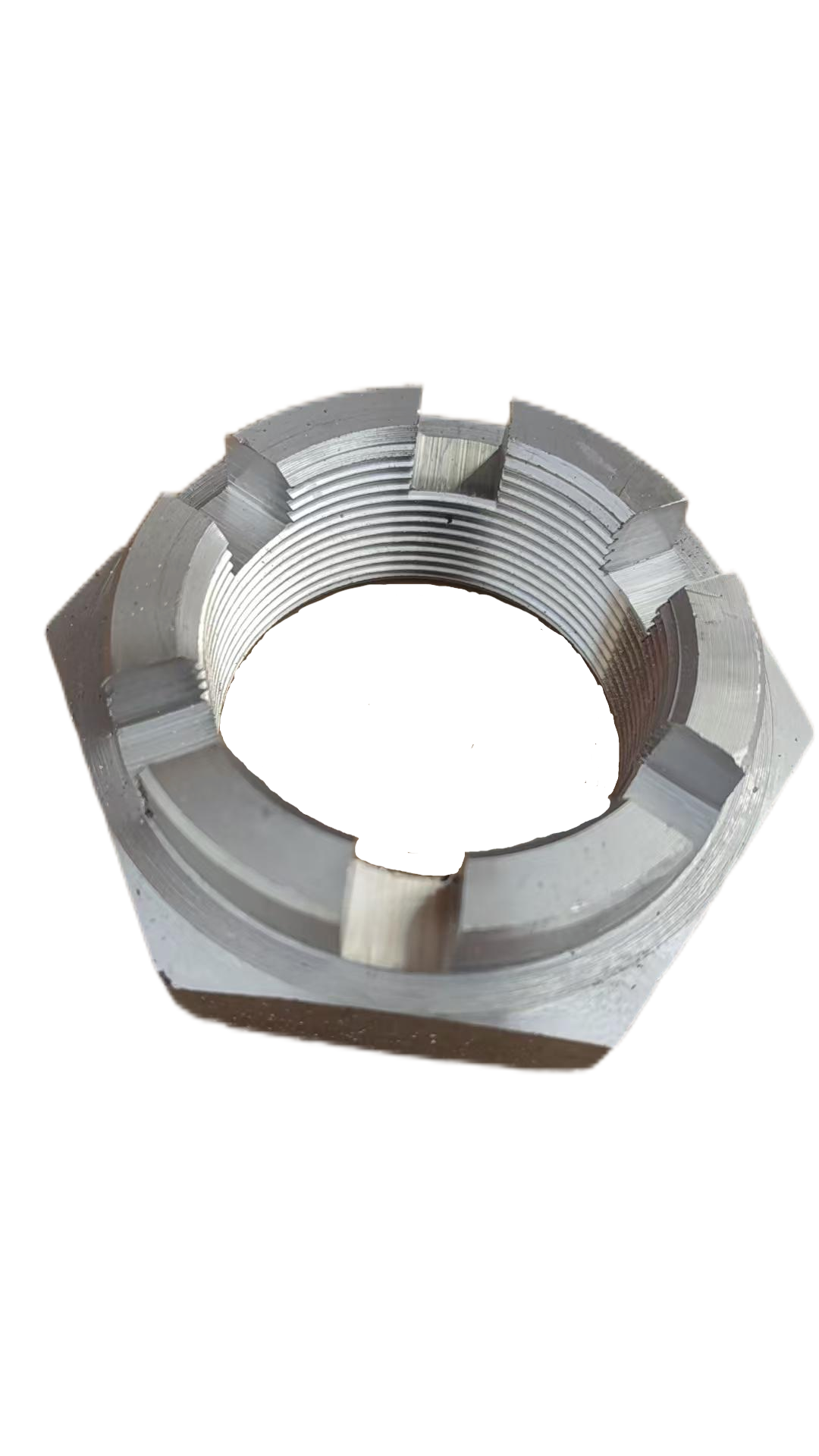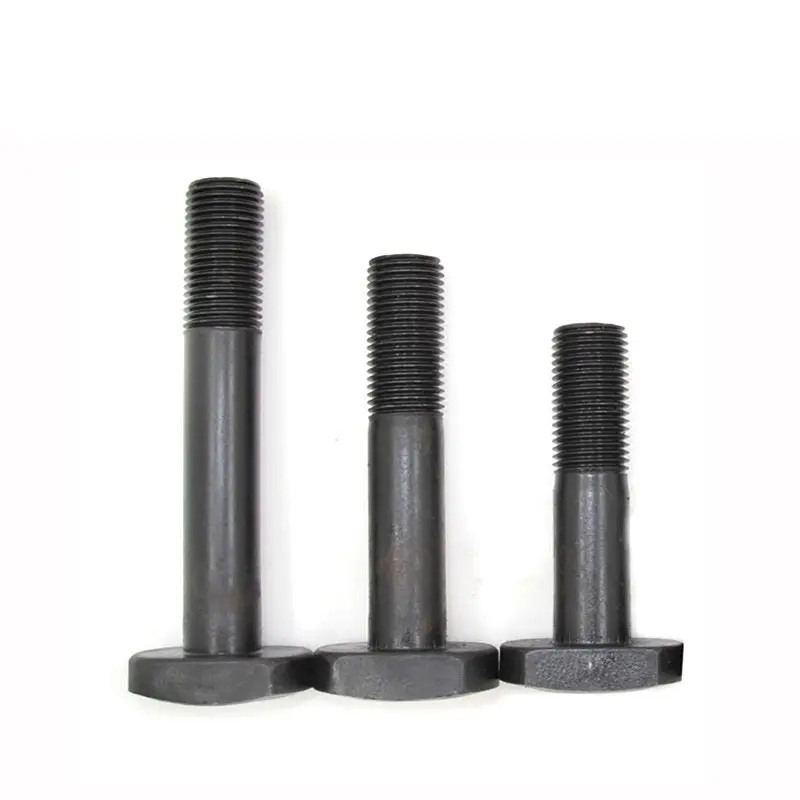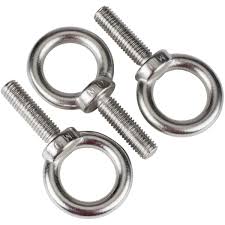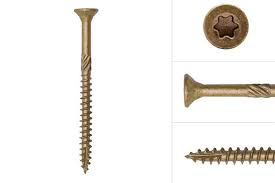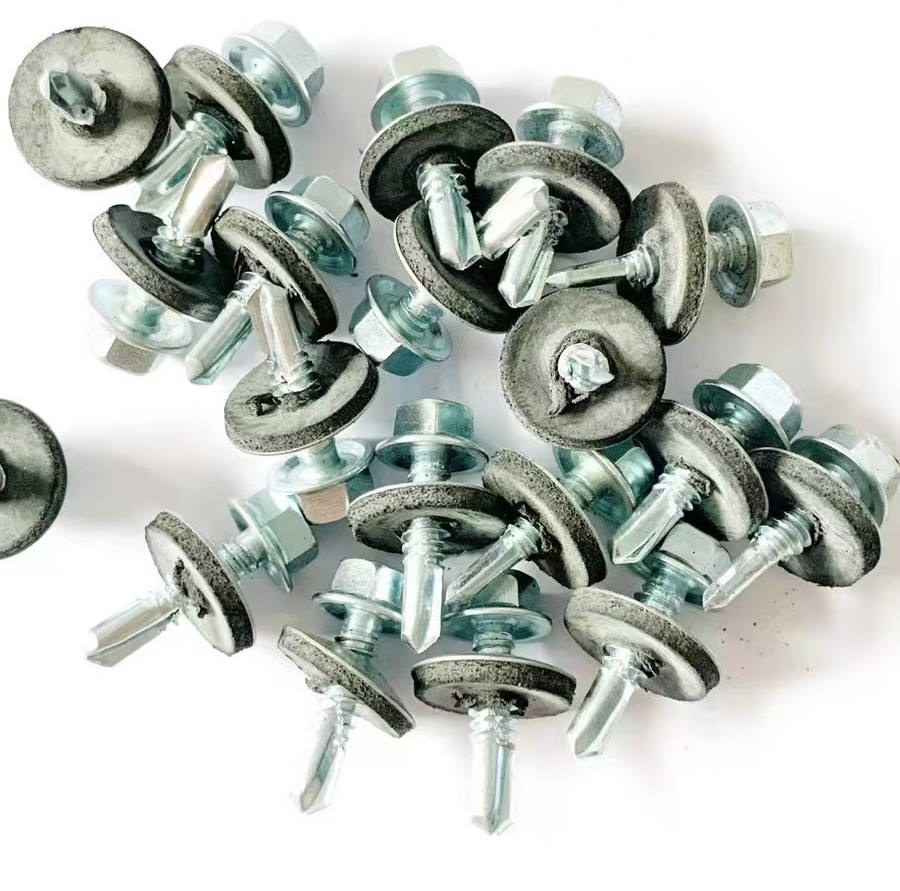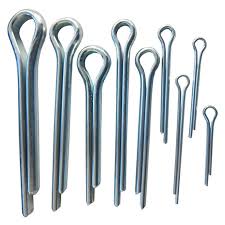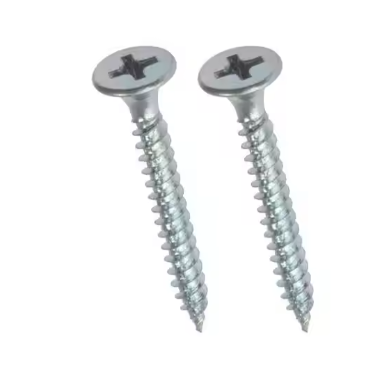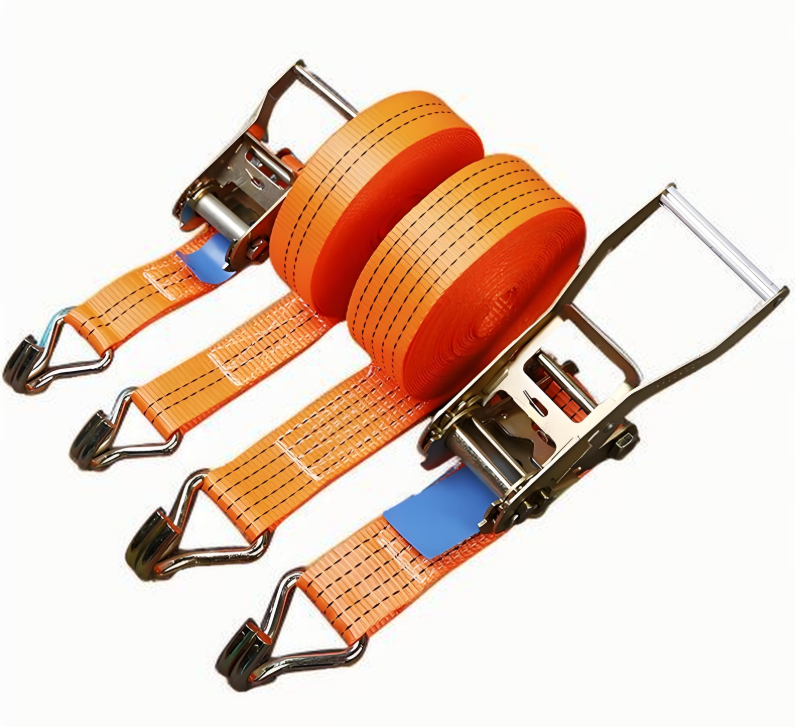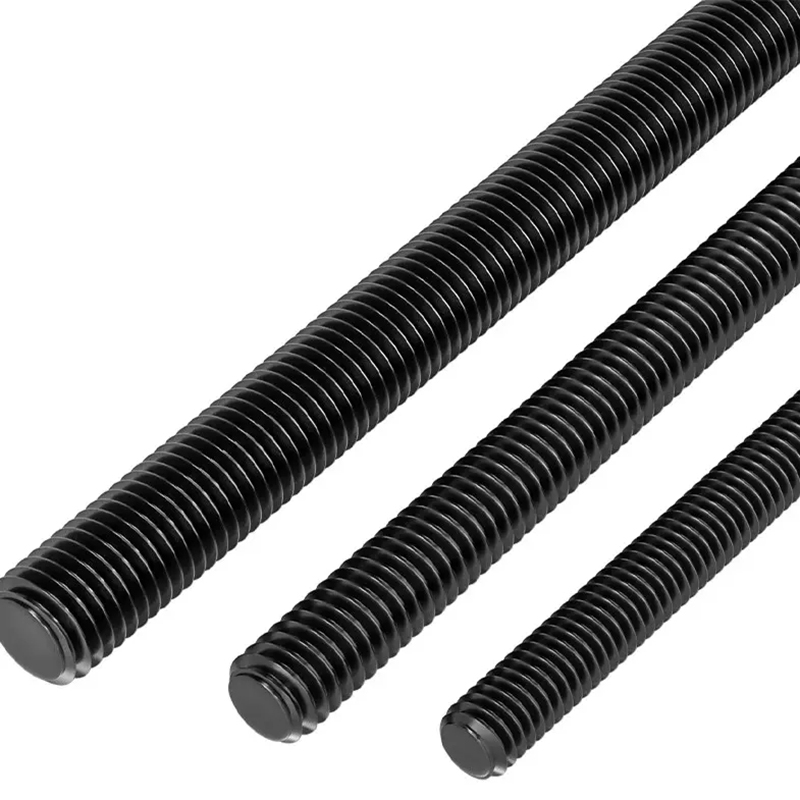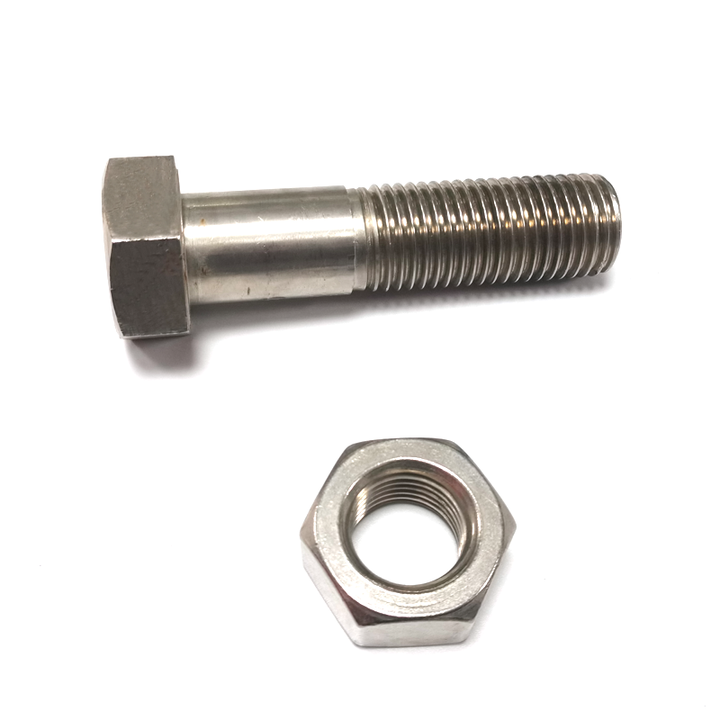

This comprehensive guide explores the world of lock nuts, providing in-depth information on various types, applications, and selection criteria. We'll cover the fundamentals, helping you choose the perfect lock nut for your specific needs, ensuring secure and reliable fastening. Learn about different securing mechanisms, material considerations, and best practices for installation to prevent loosening and maintain structural integrity.
Castle nuts feature a slotted top, allowing for the insertion of a cotter pin through the slot and into a drilled hole in the bolt shank. This provides a simple yet effective way to secure the nut against loosening. Castle nuts are commonly used in applications requiring high vibration resistance, such as automotive and machinery components. They're readily available in various materials including steel and stainless steel.
These nuts utilize a built-in mechanism to provide extra clamping force, preventing loosening due to vibration or shock. Common designs include nylon insert lock nuts, all-metal lock nuts, and serrated lock nuts. The nylon insert type is best suited for lighter applications where the friction from the nylon insert prevents loosening. All-metal and serrated lock nuts offer higher clamping force and are suitable for heavier-duty applications. Hebei Dewell Metal Products Co., LTD offers a wide variety of these nuts.
Jam nuts, also known as double nuts, employ two nuts tightened against each other. The friction between the two nuts helps prevent loosening. This simple method is effective, especially for applications where space is limited, making them a cost-effective choice. However, they may not be ideal for high vibration environments.
Self-locking nuts incorporate a locking mechanism within their design, eliminating the need for additional securing methods like cotter pins or lock washers. Common types include spring lock nuts, which use a spring to maintain clamping pressure, and weld nuts that are welded to a component. These are commonly used in situations where the maintenance of the connection is difficult or impossible. The spring lock nut is ideal for applications where vibration resistance is critical, while weld nuts are suitable for permanent applications.
The material of your lock nut will significantly impact its performance and lifespan. Common materials include:
Choosing the appropriate lock nut depends on several factors:
| Type | Securing Mechanism | Vibration Resistance | Cost |
|---|---|---|---|
| Castle Nut | Cotter Pin | High | Low |
| Hex Lock Nut (Nylon Insert) | Nylon Insert Friction | Moderate | Low to Moderate |
| Jam Nut | Nut-to-Nut Friction | Low | Low |
| Spring Lock Nut | Spring Mechanism | High | Moderate to High |
Remember to always consult relevant industry standards and specifications when selecting and installing lock nuts to ensure safety and compliance. For a wide selection of high-quality lock nuts, visit Hebei Dewell Metal Products Co., LTD.

